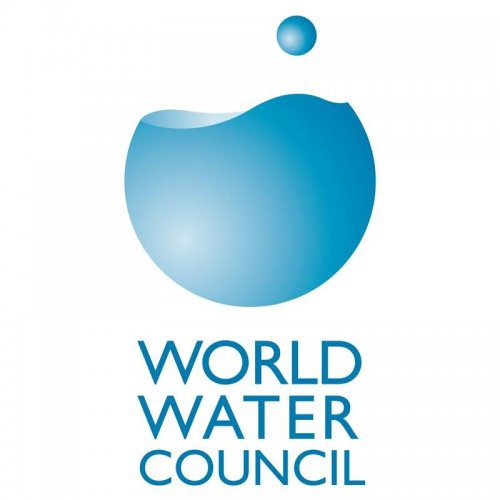Kenyan Capital’s Severe Water Shortage Threatens Most Marginalized

– Many of Kenya’s nearly 49 million inhabitants do not have access to improved water resources, with 41% dependent on rivers, ponds and wells with low water levels. In addition, 59% of the population are reliant on unimproved sanitation facilities.
– In Africa, more than 60% of people live in slum conditions without access to clean water and sanitation.
– Nearly half a million marginalized households in Nairobi do not have enough water to meet their basic needs.
– The World Water Council has prepared a report with policy recommendations to push for improved sanitation in urban areas.
World Water Council, Marseille – Nairobi, Kenya is suffering from a water shortage, threatening the livelihoods of nearly 3.5 million inhabitants. The Government of Nairobi stated that in January 2018, nearly half a million households had no access to water. Last year’s low levels have left the city in a strenuous situation. The capital is on the verge of experiencing a scenario similar to Cape Town, South Africa if April’s rains fail to fill dwindling reserves.
Nairobi’s main water reservoir, the Ndakaini Dam, was already more than half-empty last year, down to less than 40% capacity by February 2017. The situation has required drastic measures like domestic rationing since January of this year in order to avoid a severe water crisis. Nairobi’s most impoverished neighbourhoods are particularly at risk, as water shortages exacerbate the spread of diseases like typhoid, dysentery and cholera, connected to poor sanitation. In Africa, more than 60% of the population live in slum conditions without access to clean water and sanitation.
Sanitation was one of the worst performing sectors monitored by the Millennium Development Goals. Governments must think differently, society must innovate and people must act. In order for Sustainable Development Goal 6 to be met, ensuring the availability and sustainable management of water and sanitation for all, everyone involved in sanitation has a role to play. The World Water Council calls on the bravery of ministers and authorities to adopt radical new policy recommendations. Marginal gains will not be enough to provide sanitation services for the extra three billion people that cities are forecast to host by 2030. Incremental progress will not cope with continued rapid urbanization. For this reason, a focus on urban sanitation services is logical and necessary, for the much higher social and economic returns they promise.
“We need to look for forms of cooperation to rise to the sanitation challenge, finding win-win financial and technical solutions and increasing political will for prioritizing sanitation services. This is particularly important in Africa, where there is much work to be done in terms of sanitation infrastructure. We must persevere in this attempt to encourage cooperation and development, so the entire region can benefit and continue down the path of sustainable development,” explains World Water Council President, Benedito Braga.
In the run up to the World Water Forum, the World Water Council has prepared a full report on “Increasing Financial Flows for Urban Sanitation”, highlighting solutions and policy recommendations to encourage improved sanitation and adequate funding. The report is based on a series of case studies on cities impacted by urban sanitation problems, informed by examples such as Nairobi in Kenya, Dakar City in Senegal, Durban in South Africa and Bogotá in Colombia. The report highlights the plight of eight different cities’ lack of funding to ensure adequate sanitation. Produced in four different languages (English, Spanish, Portuguese and French) the study, its policy recommendations and the case studies will be made available online here.
In parallel, the World Water Council is preparing for the upcoming World Water Forum. This event represents an international meeting point to discuss water-related problems and find solutions for our world’s most pressing water issues, including increasing financial flows for urban sanitation. The World Water Forum will be held in the Brazilian capital, Brasilia, between the 18th and 23rd of March 2018, under the over-arching theme of “Sharing Water,” in light of water’s role in uniting communities and tearing down barriers. The World Water Council welcomes all to join the world’s biggest water-related event, bringing together heads of state, ministers, high-level decision makers, water experts and professionals, local authorities and academics. Founded by the World Water Council, the World Water Forum places water firmly at the heart of global development. It represents a call to action to ensure water’s and our future.
About the World Water Council:
The World Water Council (WWC) is an international multi-stakeholder platform organization, the founder and co-organizer of the World Water Forum. The World Water Council’s mission is to mobilize action on critical water issues at all levels, including the highest decision-making level, by engaging people in debate and challenging conventional thinking. The Council focuses on the political dimensions of water security, adaptation, and sustainability, and works to position water at the top of the global political agenda. Headquartered in Marseille, France, and created in 1996, the World Water Council brings together over 300 member organizations from more than 50 different countries. More on www.worldwatercouncil.org @wwatercouncil #wwatercouncil


